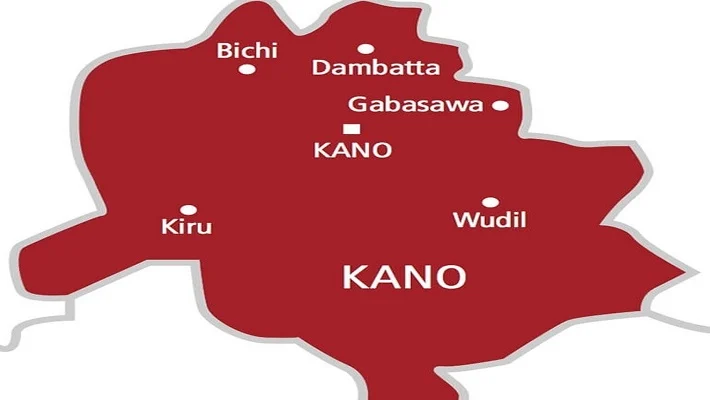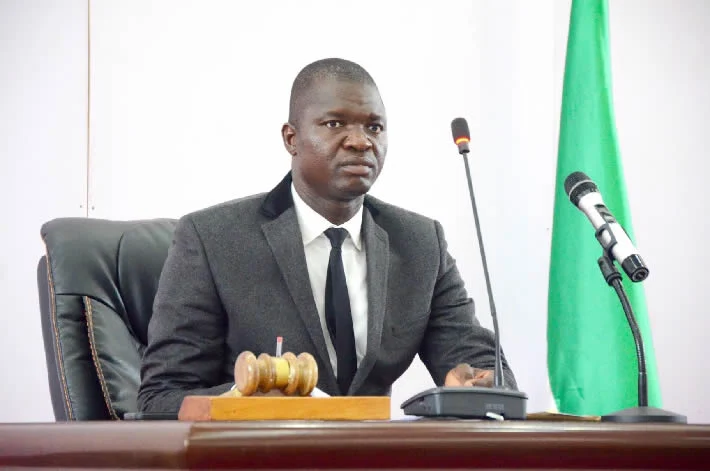Zamfara Injects Over N1 Billion into Local Businesses Through SABER Programme

In a major boost for local entrepreneurs, the Zamfara State government has announced the disbursement of more than N1 billion to businesses under its State Action on Business Enabling Reforms (SABER) initiative. The launch event, held on Thursday, September 11, 2025, at the JB Yakubu Secretariat in Gusau, drew thousands of beneficiaries who eagerly awaited the funds to expand their ventures. Governor Dauda Lawal, who led the ceremony, highlighted that the programme is part of the state’s broader economic strategy to improve the business environment, attract investments, and stimulate job creation. “Our focus is to empower entrepreneurs, strengthen local businesses, and ensure sustainable economic growth,” he said, urging beneficiaries to use the funds prudently to grow their enterprises. The SABER programme, implemented with the technical support of the World Bank, is designed to enhance state-level policies, create opportunities for private investment, and nurture a culture of entrepreneurship across Zamfara. The N1.1 billion grant is structured to support entrepreneurs at various levels: 2,000 recipients will receive N150,000 each, 1,000 entrepreneurs will be granted N500,000 each, and 60 high-performing business owners will receive N5 million each. Governor Lawal also advised beneficiaries against diverting the funds to personal expenditures, stressing that the primary goal is business development. “These resources are meant to grow your enterprises, not personal indulgences. Invest them wisely, and let them create lasting impact,” he emphasized. Hon. Abdul Rahman Tumbido, the Commissioner for Commerce, Industries, and Tourism, underlined the programme’s potential to expand business capacity, open new market avenues, and stabilize the state’s economy. He credited the World Bank for providing crucial technical assistance that enabled the smooth implementation of the SABER programme. The initiative is part of Zamfara State’s ongoing efforts to improve the local business climate and empower entrepreneurs, ensuring long-term economic resilience. Observers note that the programme could serve as a model for other northern states seeking to create sustainable economic opportunities and strengthen the small and medium enterprise sector. With this intervention, Zamfara is positioning itself as a hub for entrepreneurial growth, signaling a renewed commitment to fostering private sector development, job creation, and overall economic progress. Analysts say that proper utilization of these funds could trigger a ripple effect, enhancing industrial capacity and boosting local commerce across the state.









